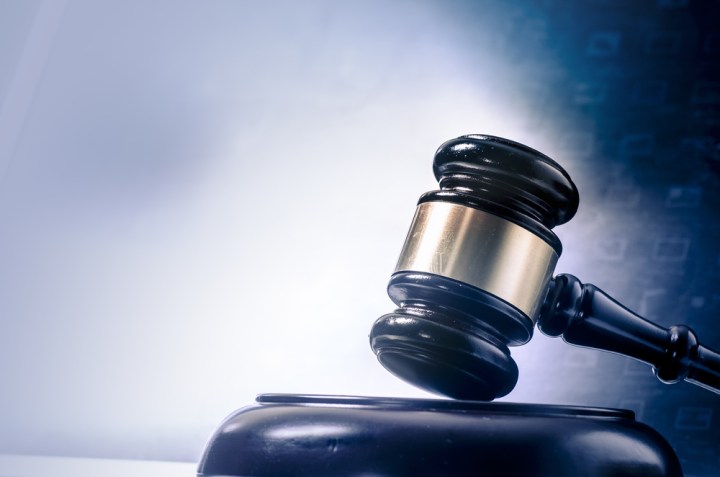
“You did copy the code and copy the structure, sequence, and organization of the APIs?” Oracle attorney Peter Bicks asked.
“I don’t agree with ‘copy code,'” Page replied — — a back and forth reminiscent of Bill Clinton’s legals debate about what exactly entails “sexual relations.” “For me, declaring code is not code,” he said, according to a detailed transcript at Ars Technica.
“How many lines of declaring code did your company copy?” Bicks said. “Do you know?”
“I’ve already testified, I don’t know the details of that,” Page answered.
The testimony is part of a retrial, with Oracle claiming the Android operating system violated copyrights because of some of its use of Java. Google, however, says that it should be able to use Java without paying for it because of the fair use provision in copyright law.
The trial is back in courts after ending with a deadlocked jury in 2012, but things could end very badly for Google. If the jury rules against it on the fair use argument, Google would then move on to considering Oracle’s request for a hefty $9 billion in damages. Yes, that’s billion, with a B.
The lawsuit could have wider implications in the developer community. Developers fear that if Oracle wins the lawsuit, it could go after other companies. Still, even in a worst case scenario, investors see little risk for Google. The company can afford to pay the fee, and it’s highly unlikely that an injunction will pass forcing Google to pay Oracle ongoing royalties.
Oracle’s attorney, Peter Bicks, went after Page on the importance of Android to Google’s business, noting that
It will certainly be interesting to see how this case plays out — while Google can afford the $9 billion, it’s still a hefty sum of money, and, as mentioned, the case could have wider implications in the tech world if it doesn’t go Google’s way.
Editors' Recommendations
- A new Google Pixel Tablet is coming, but it’s not what you think
- The 6 biggest announcements we expect from Google I/O 2024
- Google just released the first Android 15 beta. Here’s what’s new
- Google Pixel 9: news, rumored price, release date, and more
- We have some bad news about the Google Pixel 9
